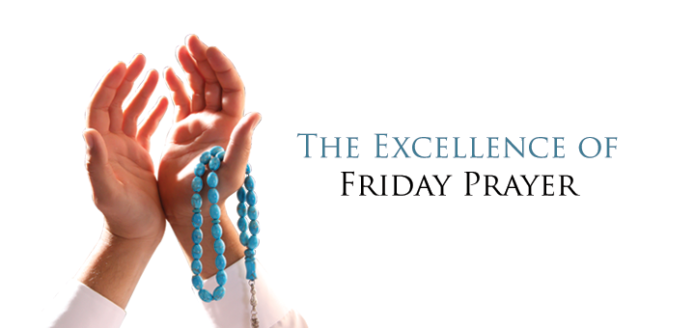Question:
Is the reason for Jum’ah prayer (Friday) prayers to pay homage to an Imam? If not, what is the significance of Jum’ah? Does chapter 62:9 apply to Muslims today? Why or why not? Does disagreement between scholars (on the obligation of Jum’ah or in general) necessarily mean one isn’t as knowledgeable as the other?
Answer:
“O you who believe, when the call is proclaimed for the prayer on the day of Friday, come to the remembrance of Allah (SWT) and leave off business, that is better for you if you did but know!” (62:9).
There are a number of wisdoms behind Jum’ah prayer:
- It is a chance for the Muslims to remind one another to adhere to piety. It is important to have this reminder every week. This is perhaps why we have narrations indicating missing three Friday prayers in a row causes a seal over the heart: The Prophet (SAWA) said:
‘Whoever misses three Friday prayers, being indifferent to them, Allah (SWT) seals his heart.
’[Wasael al-Shi`aah , v. 5, p. 6, no. 25]
- It is a chance for the Muslims to meet regularly and discuss important social and political issues. It is a platform for the leaders of the Muslim community to educate the community about such issues. This is why it is quite widely agreed that the second sermon of Friday prayer should be about the daily affairs of Muslims.
- This is besides the hidden spiritual benefits of Friday prayer, which are indicated by some narrations that state that a person gains hasanat (good deeds) and is forgiven sins for every single step they take on the way to Friday prayer.
Even though the Imam (as) is in absence, he has directed the community to follow the knowledgeable and pious scholars of the community. Therefore attending Friday prayer remains a way of paying homage to the Imam and showing our obedience to him.
The other point to remember is that the command in the above ayah of the Holy Qur’an is unconditional i.e it speaks to all believers. Therefore, unless we have other evidence, we cannot say that it does not apply to Muslims for the last 1200 years of ghaybah (occultation), because this would be the majority of Muslims, and it does not make sense for a command from a Wise Legislator to exclude the majority of its addresees. Therefore, the ayah does apply to Muslims today.
Lastly, if scholars differ in their opinions, it does not necessarily mean one is more knowledgeable as the other. Scholars often have to deal with a large body of religious evidence, and sometimes they come to slightly different conclusions despite both being sufficiently knoweldgeable. This happens in all fields of science, even in empirical and clinical sciences which are supposed to be easier to come to conclusions about.
Answered by: Dr Ali Alsamail
Certified by: Sheikh Mansour Leghaei



